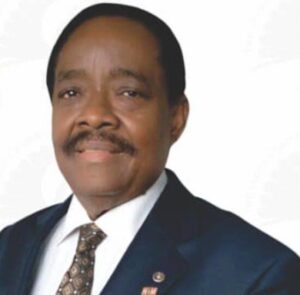
LCCI President, Michael Olawale-Cole

LCCI President, Michael Olawale-Cole
I am a business journalist with nearly two decades of experience. I believe in the good journalism, upholding the ethics of the profession. Journalism should work as a catalyst for economic development and a healthy nation. From writing news, features, analysis, and everything in between, to crafting investigative and development reports, it is always a pleasure to engage my world in the most productive manner. Welcome to my world!

The Economy is an online newspaper focusing on delivery of top-notch economic, financial and business intelligence reports for economic development. It is published by Samhapp Integrated Services Ltd., 1, Ojogiwa Street (1st floor) Off Idumagbo Avenue, Lagos Island, Lagos State, Nigeria, West Africa